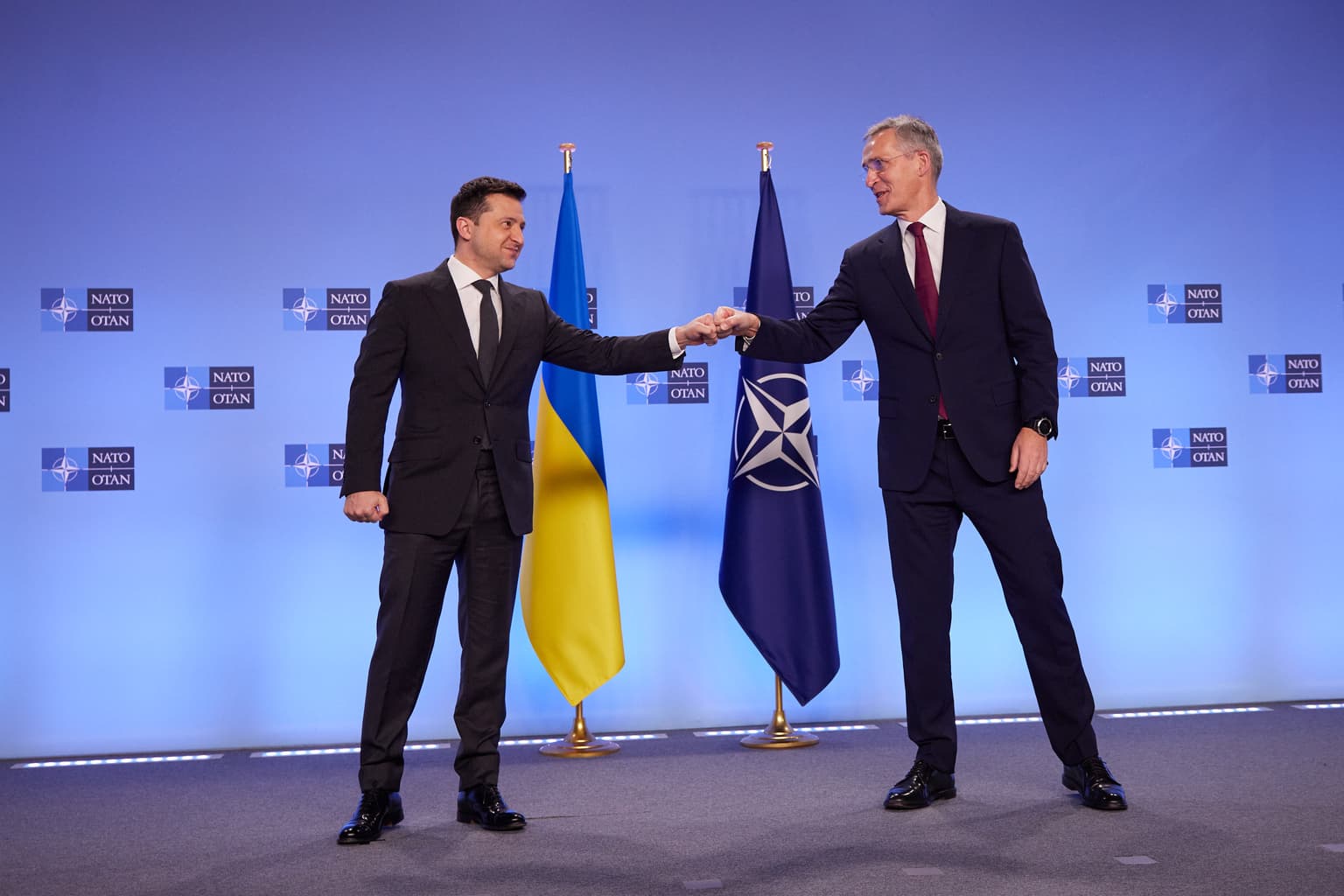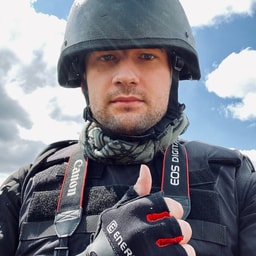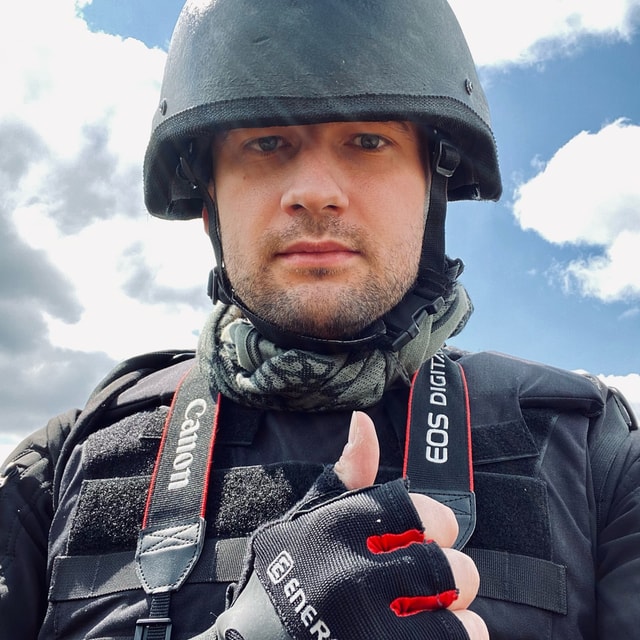NATO chief Stoltenberg says Russian military buildup continues unabated, as he meets Zelensky in Brussels

Despite all the diplomatic efforts made in the past few weeks, NATO sees no signs that Russia's military buildup next to Ukraine is stopping or slowing down, according to the Alliance's Secretary General Jens Stoltenberg.
On the contrary, Russia's preparation is continuing, the official asserted on Dec. 16 during his meeting with President Volodymyr Zelensky at the NATO headquarters in Brussels.
"This buildup has no justification," Stoltenberg said. "It is provocative, it is destabilizing, and it undermines security in Europe."
The latest security crisis unfolded in November when multiple intelligence reports indicated that Russia's amassing nearly 100,000 troops near Ukraine and in occupied territories. These findings greatly alarmed Kyiv and the West about a potential large-scale military invasion of Ukraine.
In the middle of the buildup, Russian President Vladimir Putin demanded from NATO to guarantee that it wouldn't expand eastward and admit Ukraine.
NATO and Western leaders, namely U.S. President Joe Biden, repeatedly called on the Kremlin to de-escalate the tensions and stop threatening war against Ukraine. Multiple Western leaders warned that they would respond with unprecedented economic sanctions.
"Any further aggression against Ukraine will have severe consequences and would carry a high price," Stoltenberg said on Dec. 16.
The alliance still wants to solve the situation diplomatically and invited Russia for talks.
"And at the same time, NATO remains vigilant," Stoltenberg added. "We have stepped up our reconnaissance and intelligence collection. And will continue to monitor the situation very closely. NATO stands with Ukraine."
The alliance will continue providing Ukraine with practical support such as military advising, joint exercises and military equipment, the statement says.
"Ukraine has the right to choose its own security arrangements," Stoltenberg stated. "This is a fundamental principle of European security. And the decision on whether Ukraine can join NATO will be taken by Ukraine and 30 NATO Allies alone."
Zelensky thanked Stoltenberg for the alliance's support, as the two spoke to journalists.
"I would like to express my sincere gratitude to NATO and personally to Mr. Stoltenberg for his continued support for the sovereignty and territorial integrity of our country within internationally recognized borders," he said.
Zelensky added that the decision on whether Ukraine should join NATO is up to the Ukrainian people.
"Our Euro-Atlantic course remains the same. Support for this course keeps growing in Ukrainian society," Zelensky said.










